Your Guide to Plant Oils


What Are Plant Oils?
For centuries, people all over the world have extracted the oils from plants as a benefit for health. You can inhale them, massage them into your skin, or use them in skin care products. You can even take them by mouth. But they’re no cure-all. At best, you should use them along with conventional medicine under the care of your doctor.

Lavender
Lavender is one of the most popular oils. You’ll find it in many perfumes and soaps. Studies have found that it reduces stress. Others suggest it eases pain and stops hair loss. But there’s little scientific evidence to support most health uses. As with many oils, these benefits need more research.
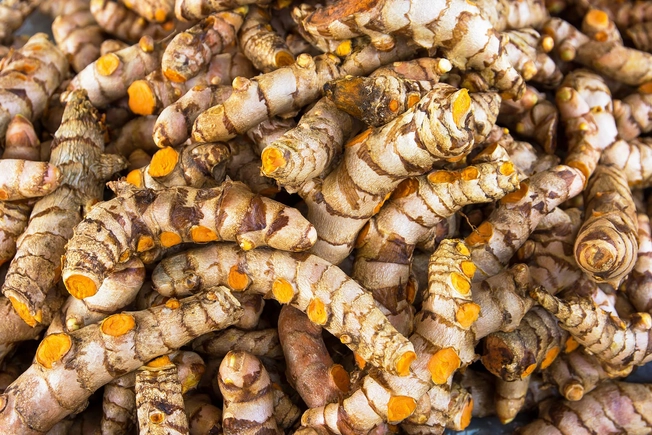
Turmeric
Turmeric, and one of its compounds, curcumin, are from the ginger family. Their use as a spice and for medicine goes back centuries. Curcumin has anti-inflammatory properties. It’s generally safe to take by mouth or apply to the skin. It’s been used to treat such illnesses as Alzheimer’s, cancer, and arthritis. It may lessen skin irritation after radiation treatments. Early research shows it can cut down on the number of heart attacks after bypass surgery. But some studies show stronger evidence of its effectiveness with these things than others.
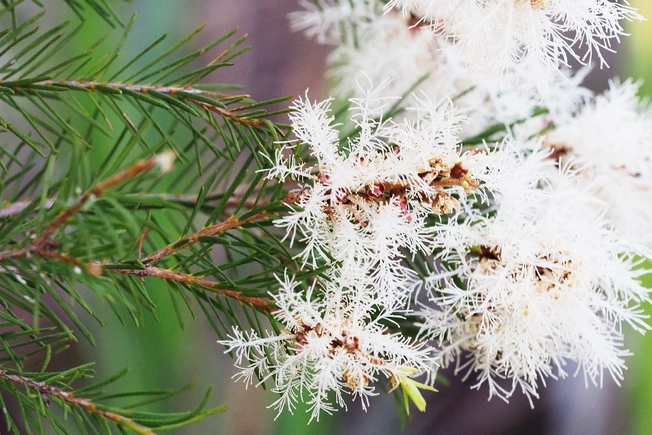
Tea Tree
The aboriginal people of Australia have used oil from the tea tree to treat wounds for centuries. Now, it’s used in skin products to treat things like athlete’s foot, nail fungus, acne, and insect bites. There isn’t a lot of research to see how well it works. Most people can use it on the skin without problems. You shouldn’t take it by mouth -- it can cause confusion and a loss of muscle coordination.
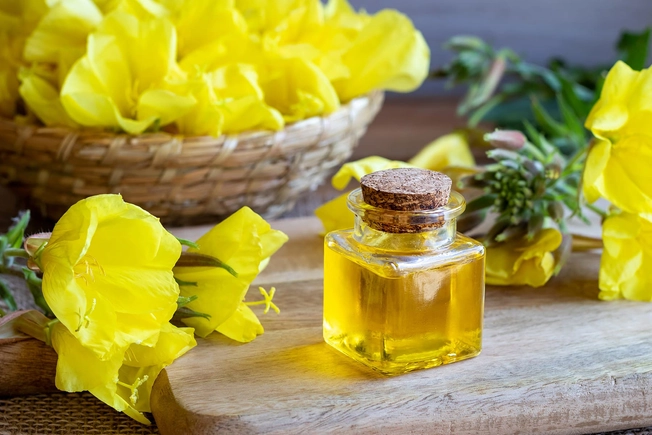
Evening Primrose
This yellow flowering plant makes an oil that has a fatty acid known as GLA (gamma-linolenic acid). You can take it as a dietary supplement for conditions like eczema, arthritis, and premenstrual syndrome. Scientific evidence doesn’t support these uses, though. It’s probably safe to take for short periods of time, but there may be side effects, including headache and upset stomach.
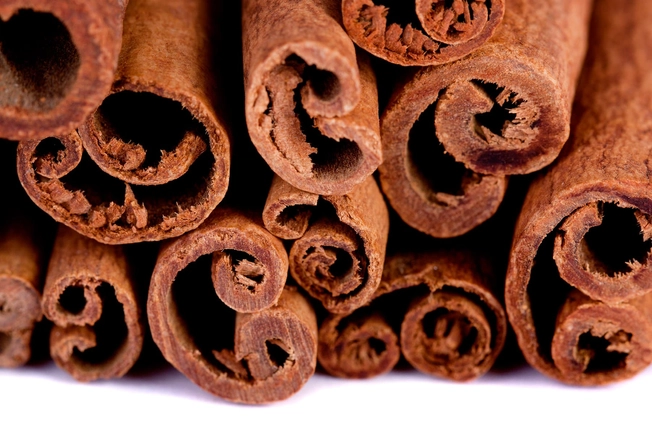
Cinnamon
Cinnamon oil is made from the bark, twigs, or leaves of the cinnamon tree. People sometimes use it as a dietary supplement for stomach problems and diabetes, among other conditions. You can take it in a capsule, drink it as a tea, or add it to food. These are generally safe for most people in limited amounts. But trials haven’t shown that it helps control blood sugar or blood pressure in people with type 1 or type 2 diabetes. However, researchers are looking at how it affects symptoms of MS.
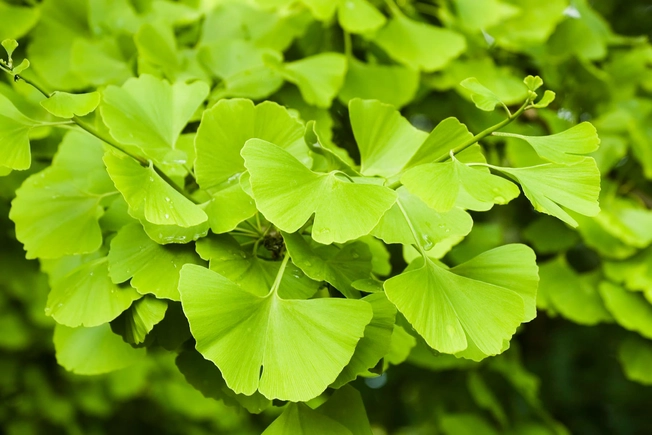
Ginkgo
Ginkgo oil -- from the leaves of the ginkgo tree -- has a long history in Chinese medicine. It’s sometimes used for tinnitus (ringing of the ears), eye problems, and leg pain due to narrowed arteries. But it’s best known as an aid for brain function and memory, especially for elderly people who have dementia. However, research hasn’t found evidence that it’s helpful for anything. Check with your doctor if you choose to use it because it may react with other drugs, including blood thinners.
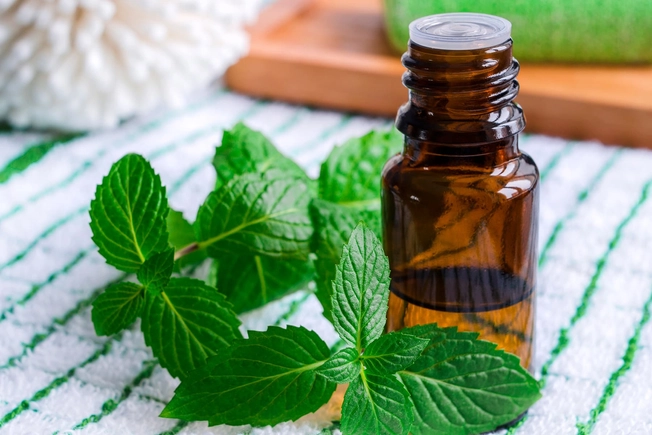
Peppermint
Peppermint oil is used to give a nice smell to things like soaps and cosmetics. You can put it on your skin for headaches or muscle aches. You can also take it in liquid or capsule form. Several studies have shown that it may help with stomach upset or irritable bowel syndrome (IBS). Peppermint oil has some possible side effects, though, like allergic reactions, rashes, and heartburn.
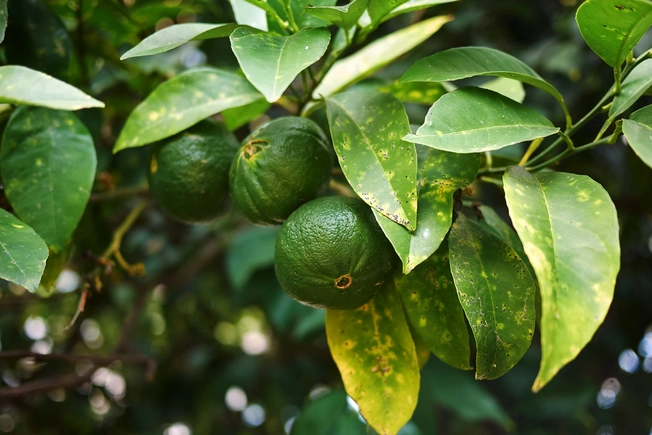
Bitter Orange
You can take bitter orange oil by mouth or put it on your skin. Some people take it as a supplement for heartburn or weight loss. But the only proven uses are to help with skin problems like ringworm, jock itch, and athlete’s foot. Because it can act as a stimulant, there have been concerns about its use as a dietary supplement. Studies haven’t proved that it’s unsafe, but it’s a good idea to check with your doctor before you try it.
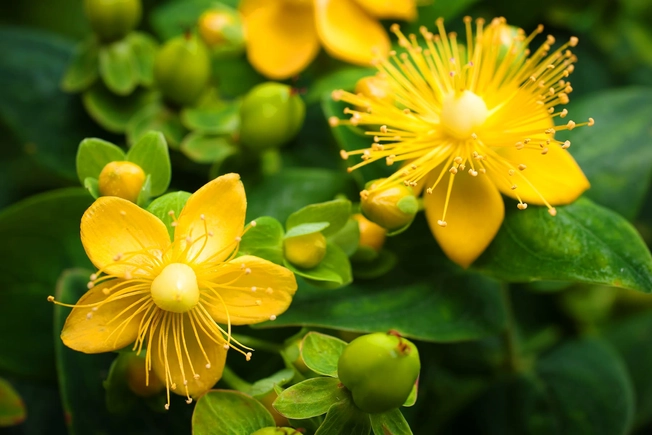
St. John’s Wort
The ancient Greeks were the first to use the oil of this plant. Today, its main use is as a treatment for depression. But studies disagree on how well it works, so you shouldn’t use it in place of medicine your doctor prescribes. It can have life-threatening side effects if you take it along with certain drugs, so it’s vital to talk to your doctor before you try it.
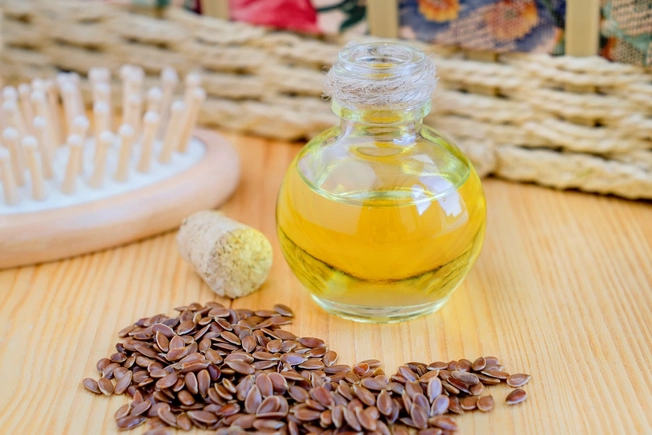
Flaxseed
The oil from flaxseed is used as a dietary supplement to treat conditions like diabetes, high cholesterol, and cancer. It’s also often tried for hot flashes. Another use is as a laxative. Though flaxseed is high in fiber, the oil isn’t. Studies on its ability to lower cholesterol haven’t been conclusive. And others have shown it doesn’t help with hot flashes. Be careful if you use it: It can cause diarrhea.
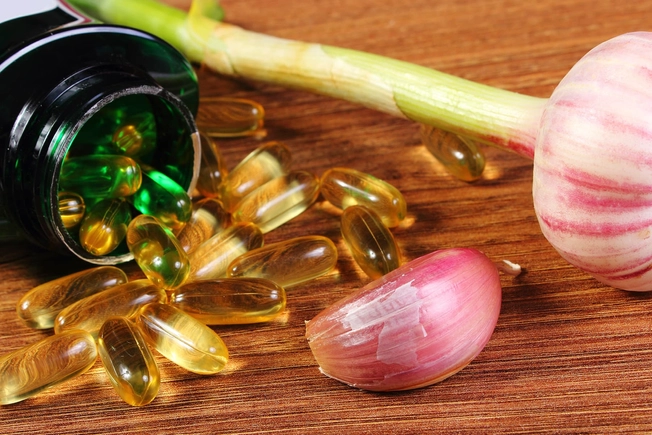
Garlic
You probably have used this plant as a spice. It also makes an oil that you can use on your skin to treat things like psoriasis or wounds. When you take it by mouth as a tablet or capsule, it supposedly controls high blood pressure and high cholesterol and even fights the common cold. Actual evidence it works, though, is scant. It may raise your chance of bleeding if you take blood thinners. Check with your doctor.
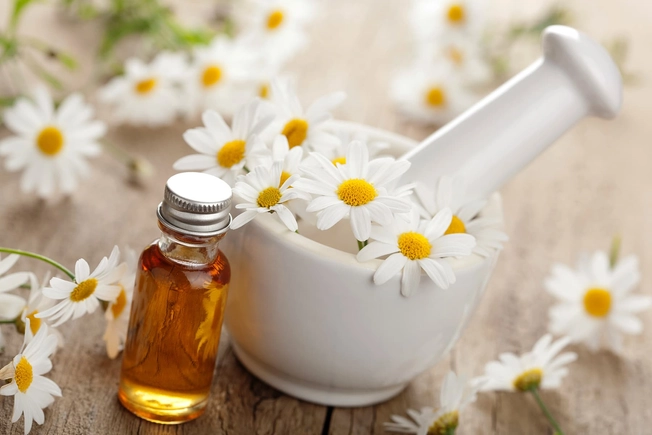
Chamomile
You know about the tea, but chamomile flowers can also be found in extract, capsule, and tablet form. It’s used to treat skin conditions and mouth sores from cancer treatment. Some claim that it can ease diarrhea and gas, treat stress, and help with sleep issues. Study results are mixed, but it’s shown promise in treating anxiety. Be careful, though: Some people have an allergic reaction.